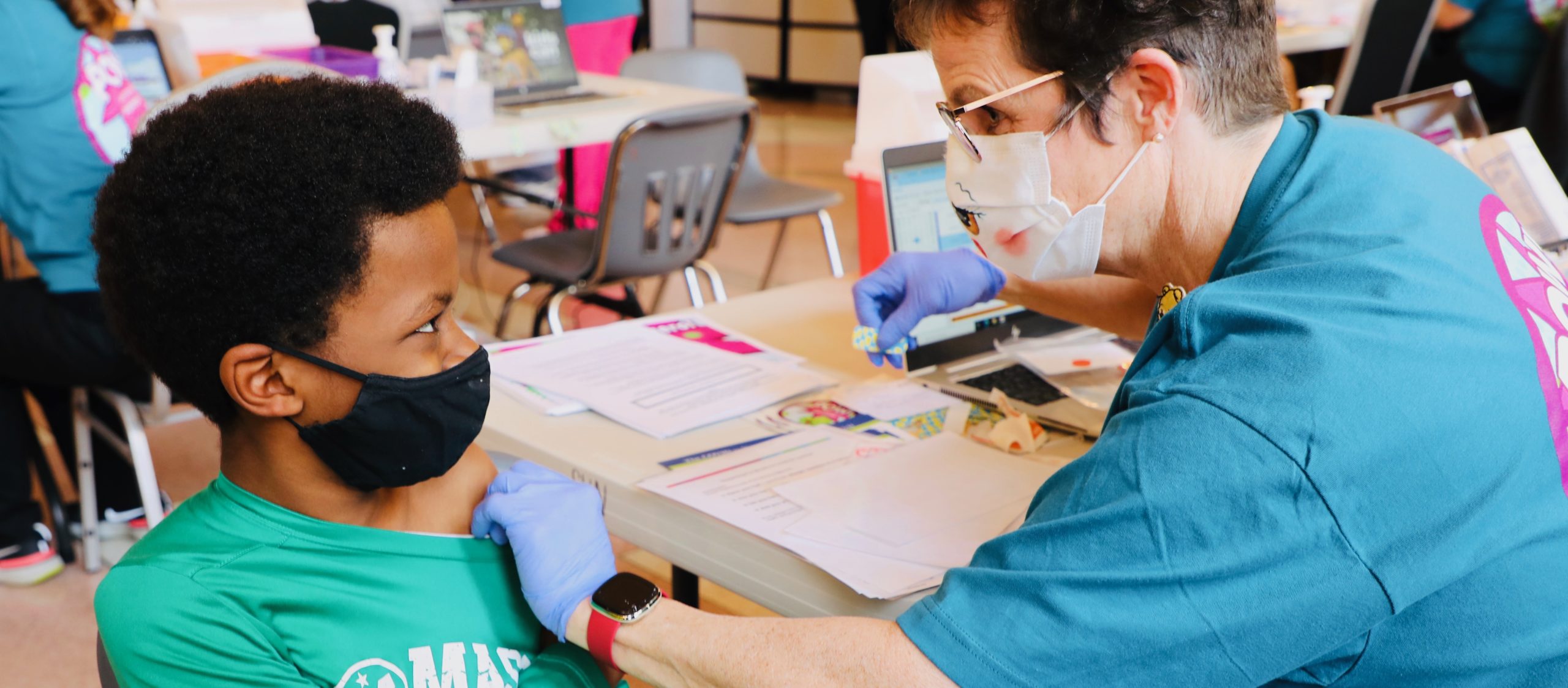If you haven’t already done it, now is the time to get your COVID-19 vaccine booster for your kids and yourself. There has been some misinformation spread about a lack of effectiveness of boosters, but the facts say otherwise.
The Facts
For adults who received a Pfizer or Moderna booster shot in addition to their primary series, there’s a 63% chance they won’t get sick, 86% chance they won’t go to hospital, and a 94% chance they won’t end up on a ventilator or die. The Pfizer or Moderna booster shot also offers children and adolescents a 71% chance of not getting sick and an 81% chance of preventing hospitalization. Those are some great odds if you ask me.
The Importance of Getting Boosted
Public health experts have seen reduced protection over time against mild and moderate disease, especially for people ages 65 years and older and those with compromised immune systems who have yet to be boosted. To increase your antibody levels and keep your immune system up to date, the CDC recommends that everyone 6 months and older stay up to date with their recommended number of vaccine doses, including boosters for eligible individuals 5 years and older.
However, no vaccine is 100% effective. Some people who are fully vaccinated against COVID-19—including a booster—may still get sick and have a breakthrough infection. Even people with mild infection can have prolonged symptoms associated with “long COVID-19.” However, vaccinated individuals tend to experience less severe symptoms than those who are unvaccinated.
As researchers and pharmaceutical manufacturers continue to develop next-generation vaccines to combat the ever-evolving COVID-19 virus, please consider getting the booster doses you are eligible for. By doing so, you’ll have the best chance of protection from COVID-19.
Read more about COVID-19 Vaccine Effectiveness on the CDC’s website.
View the recommended COVID-19 vaccine booster schedules for all age groups.





